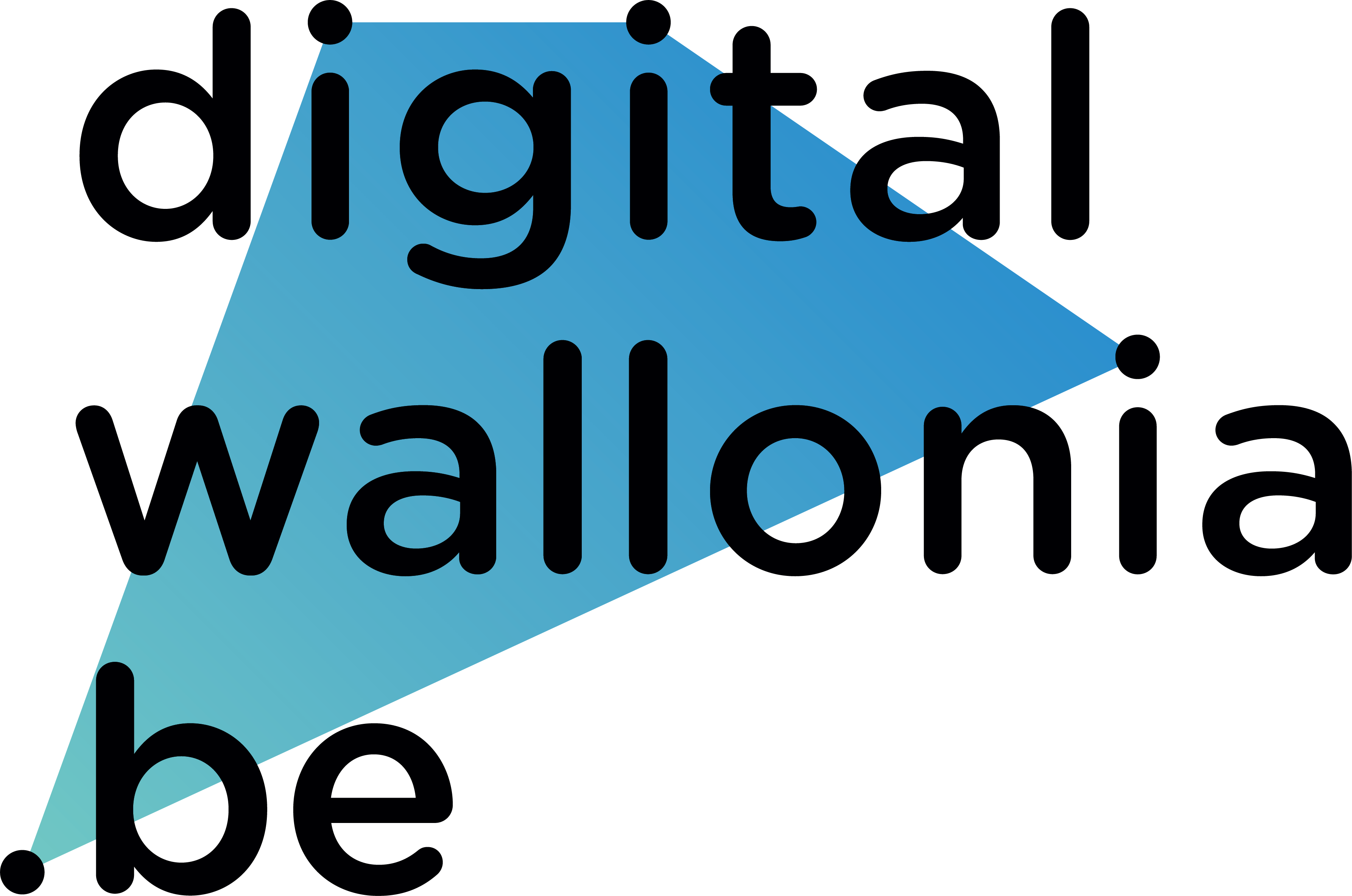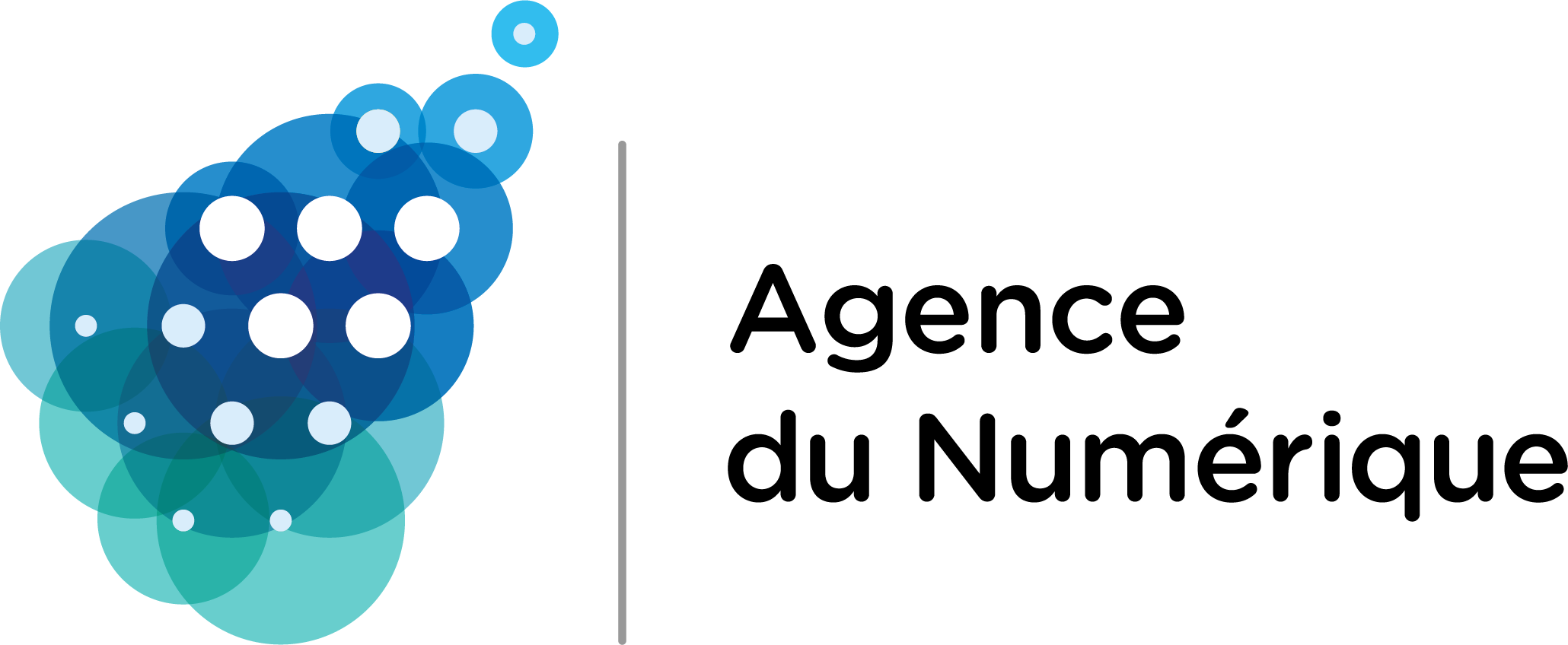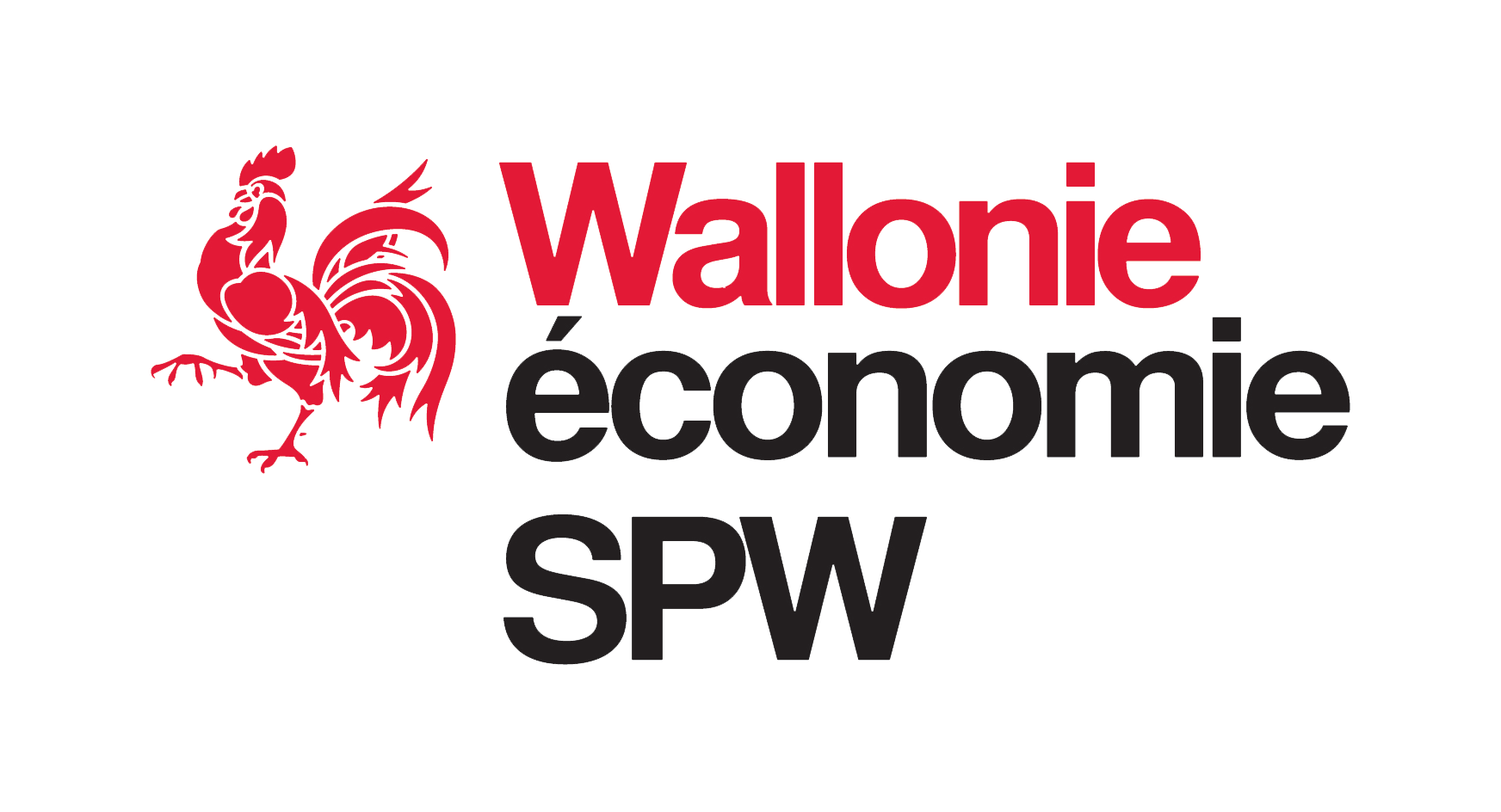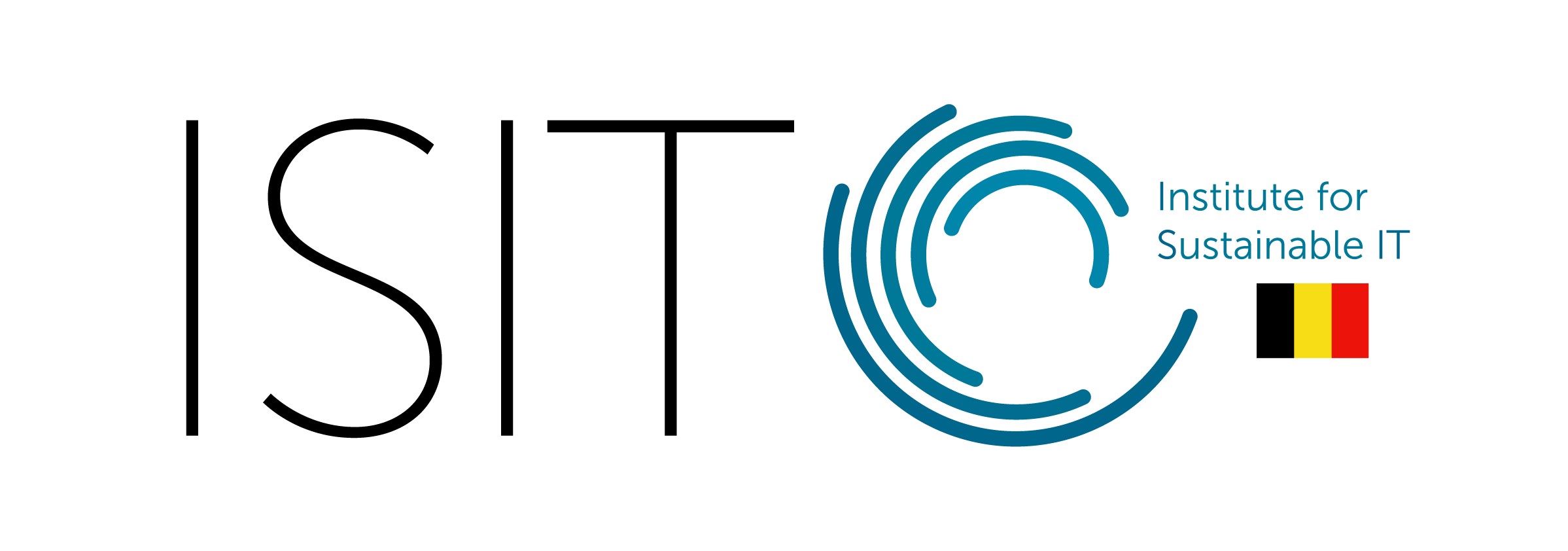Sustainable IT for businesses
Sidebar
People involved
-
PIROTTON Sophie
Researcher
-
NEYSEN Nicolas
Supervisor
Project partner

Other partners



Sustainable IT for businesses in Wallonia: an issue studied from the perspective of the science of management
In brief…
In recent years, the theme of sustainable IT (which includes green IT) has been the subject of several initiatives led by the Digital Lab (general-public publications, university dissertations, conferences, webinars, lifelong learning modules, etc.). Thanks to the support of the Walloon Region, the Digital Lab has launched, in collaboration with the S’Lab of HEC Liège and the Belgian Institute for Sustainable IT asbl, a scientific research project on this same theme to explore the issue in greater depth. To ensure that such a project can fully benefit the players in the Walloon economy and be directly connected to their realities on the ground, we have brought in private co-financing partners who will actively participate in its development.
The theme and its research potential
Sustainable IT encompasses a set of practices aimed, on the one hand, at reducing the negative impacts of digital technologies on the environment and society, and on the other hand, at maximizing the positive contributions of these technologies by avoiding any greenwashing. At a time when companies are seeking to accelerate their transition to a sustainable model, sustainable IT offers an essential strategic framework to guide their actions.
By identifying and analyzing emerging practices and innovations, scientific research can provide companies with valuable advice to guide their strategies and investments in the digital domain. In addition, research offers the opportunity to assess the real impact of sustainable IT initiatives on the economic, environmental and social performance of companies.
Many topics surrounding sustainable IT are worthy of interest and there are numerous angles from which to approach them. Whether in relation to the energy efficiency of IT infrastructures (How can companies reduce the energy consumption of their IT infrastructures while maintaining optimal performance?), sustainable data management (How can companies implement environmentally friendly data management policies?), the impact of emerging technologies (What are the social effects of emerging technologies such as LLM, IoT and blockchain, and how can companies use them responsibly?), or impact measurement and evaluation (What are the performance indicators for measuring the impact of NR initiatives on business performance?), there are many fundamental issues in the field of responsible digital technology.
Of course, the one-year project proposed here will not be able to answer all the questions raised above. All of this is being refined, documented and discussed among the partners, with a view to producing a research project that is ambitious and realistic, but also coherent and clearly structured, and that responds to their reality in the field. The main objective of the project is to make a significant contribution to the scientific literature in the field of sustainable IT as seen by management sciences, while providing tools and concrete answers to partner companies.
The organizations involved in the project
The S’LAB
The S’LAB of HEC Liège is a platform that brings together the strengths of the HEC Community and mobilizes its expertise to accelerate the sustainable transition in society. The S’LAB integrates and disseminates the research expertise developed at HEC Liège on the sustainable transition trajectories of companies.
The theme of sustainable IT constitutes a bridge between our two cross-disciplinary Labs that makes sense. Through its expertise on sustainability-related topics and its different approach, the S’LAB will be able to bring a fresh perspective to this research project, approach new partners and challenge the recommendations that will emerge from the research team.
Digital Wallonia 4 Circular
We are also keen to integrate our project in a complementary way to existing initiatives in the Digital Wallonia 4 Circular program around Green IT, which until now have mainly aimed to raise awareness among the general public. Through our work aimed at companies, we believe we can add value to what has already been achieved within the framework of this program.
The Belgian Institute for Responsible Digital Technology (ISIT-BE)
At the Belgian level, the Belgian Institute for Sustainable IT (ISIT-BE) is the reference organization on the subject. Their objective is to bring together Belgian companies, organizations and citizens, in order to help them succeed in their digital transition while reducing the environmental and social footprint of their IT services and usage. HEC Liège, like the University of Liège, is a member of the network and the Digital Lab has been collaborating with ISIT-BE for several years. It is therefore logical that ISIT-BE will be a partner in the project and that our research will be fully complementary to current initiatives deployed by ISIT-BE.
The private partners
Balteau
CHU de Liège
Deuse
Ethias
Innocom
KPMG
Mizuho Trust & Banking Luxembourg
Partenamut
Safran Group
What’s next?
The Digital Lab and the S’Lab have no intention of stopping there! The project, launched in October 2024, has the potential to generate high-level research. We are therefore undertaking to set up a doctoral thesis project over 4 years, maintaining the co-funding model with a consortium of partner organizations.
In addition to privileged access to research results and active participation in its construction, there are many advantages in store for the project partners!
Interested in joining the consortium? Find out more HERE!